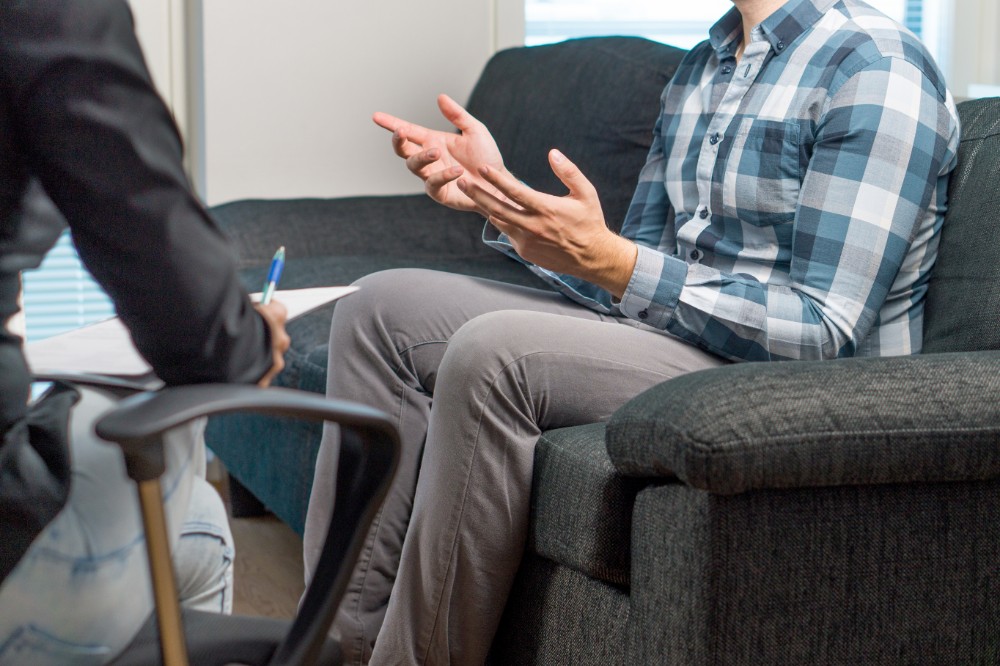
Borderline personality disorder (BPD) can be a tough diagnosis to have for people who struggle with the symptoms. They often turn to drugs or alcohol as a means of coping. People with BPD have a perceived rejection or failure that triggers lasting states of depression, anger, or anxiety. They may be difficult to be around, especially if they struggle with addiction on top of this mental health disorder. It is difficult to notice this in the self or a loved one. The best way to cope is to find support from professionals who understand and can offer guidance on living with the diagnosis and working to become stronger every day.
Co-Occurring Alcoholism and BPD
Mental health disorders and alcoholism often go hand-in-hand and the two are increasingly recognized by experts who support people with mental health diagnoses. People with BPD simultaneously experience a substance use disorder at a higher rate than others because there is a huge lack of impulse control and they sometimes self-harm. Acting on these self-destructive impulses leads to a desire to seek self-destructive habits and heighten the potential for damage. Addiction plus BPD can be lethal for people with the condition as they are more likely to be suicidal and impulsive.
Attachment
Another component of BPD is that it strengthens the establishment of alcoholism or a lack of secure attachments. Many experts think secure attachment in early childhood helps form bonds with people later in life. Without it, people are not able to attach to friends or partners later in life, struggle with working relationships, and neurologically unable to process emotion the same way and end up with higher levels of defiant behavior, dependency, and impulsiveness driven by a desire to seek connection they never had an inadequate measure.
Finding Hope
It can feel hopeless when a diagnosis comes that sounds difficult to manage. Mental health is challenging because it requires deep, inner work that can take years to peel back layers of to uncover the person hiding behind the veil of secrecy that is an addiction, pain, and trauma. People with BPD and co-occurring substances are less likely to have remission of BPD symptoms and are at higher risk of relapse. What they need to have in order to find healing is to build self-awareness of their own symptoms. Some therapies that have been working to help people who struggle with BPD and alcoholism include:
- Evidence-based treatments and integrative therapies
- Dialectical Behavior Therapy (DBT)
- Support for full range of emotional and behavioral needs
- Closely integrated addiction recovery work where needed
- Support groups that work to understand the healing needed for co-occurring disorders
The key to finding healing and hope in recovery is to not feel isolated and alone. It can feel difficult if someone is managing their condition all alone. What a loved one needs are support and community who understand them while they work in therapy to deal with their addiction and issues that arise from underlying mental health symptoms. It is possible and there is hope on the other side of recovery.
Guest House understands your challenges when you come to us for help. We treat co-occurring disorders with the highest quality tools, resources, and treatments available. Our top tier staff work to create an individual plan that helps you move forward on your journey of healing. For more information on sober living programs for men and women as well as recovery programs, call 855-483-7800.